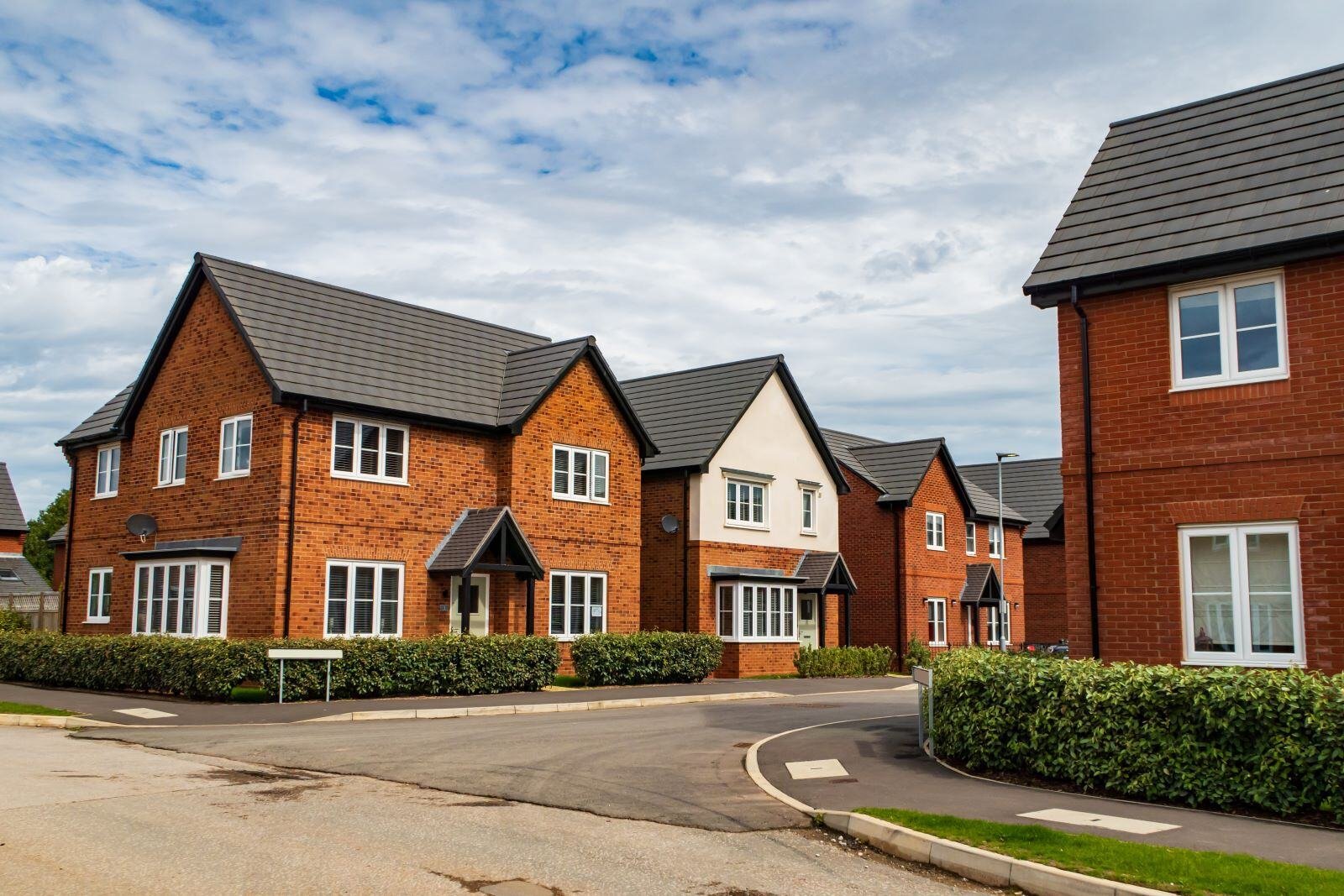How Long Does It Take To Sell A House In The UK?
Selling a house can be a lengthy process. For those lucky enough to see the sale of a house run smoothly, the average is between three and four months, though this does vary. Selling a property is complex, requiring substantial litigation and occasionally, negotiation between buyer and seller to ensure both are in agreement with all matters concerning the sale.
There are multiple stages to selling a house which further complicates the exact amount of time it can take to complete a sale. A delay at any stage could see the overall time to completion extended by a few days, weeks, or even months.

Preparing For Sale
Before listing a property, the preparation ahead of the sale is essential. This includes cleaning the space, as well as identifying any need for repairs, all with enhancing the property’s appeal in mind to facilitate a quicker sale. Compiling essential documents as early as possible, like title deeds and any paperwork related to renovations and plans, as well as EPC, electrical, and gas safety certificates, will avoid frustrating delays right at the end of the process if any of these documents are out of date or, have been misplaced.
Engaging a professional estate agent for an accurate valuation will ensure the house is priced competitively. Overpricing a property may deter buyers, prolonging the sale, while underpricing could lead to a quicker sale but reduce profit. The estate agent will handle the marketing, viewings, and negotiations, so paying close attention to which agency to use can significantly influence a property’s visibility and the interest it generates.
In theory, preparing a house for sale can be the longest point of the process. If the property requires significant repairs and renovations, then this could delay a sale by months although, it is possible to still advertise a property for sale whilst work is being undertaken. Providing that all is well and no immediate work is required at the property, sellers should allow two to three weeks before seeing their property listed on the market.
Also Read: Cost of Selling a House UK
Viewings And Receiving An Offer
Once the house is listed, being flexible with viewing hours increases the chances of attracting buyers. The more buyers that can view a property, the closer a seller comes to receiving an offer and making the sale. For those looking to expedite the sale, open houses or virtual tours can draw multiple interested buyers at once. The option for online viewings has become particularly popular, helping connect home sellers to more buyers, including those overseas.
Sellers should always expect to negotiate with buyers over the final price. Some buyers may offer the asking price, while others may come in lower, but whilst the seller can choose to accept the first offer that comes in for their asking price, they could also use this as leverage to encourage higher bids from other interested buyers.
Depending on how attractive the property may be to potential buyers, viewings can last for a couple of weeks up to several months if no attractive offers come in. Negotiating on prices can be a beneficial tactic for a seller to increase their profit, but it comes at the risk of prolonging the sale or, seeing interested parties pull out if negotiations do not go well.
Also Read: Do You Need a Solicitor to Sell a House
Accepting An Offer And Conveyancing
After accepting a suitable offer, the sale then enters the conveyancing stage, which can be one of the lengthiest parts of the process. Conveyancing involves the legal transfer of a property from the seller to the buyer, and a good solicitor or licensed conveyancer will help to move this stage along smoothly.
The buyer’s solicitor conducts property searches to uncover any potential issues – including checking for planning restrictions, building regulations, and environmental factors – and will likely arrange for a property survey to assess its condition. While this process typically takes two to four weeks, unexpected issues may arise that can delay proceedings.
If the buyer is taking out a mortgage, their lender must approve the loan, which often involves an additional valuation of the property from the lender. Mortgage approvals can vary depending on the buyer’s financial situation, sometimes extending the timeline by two to three weeks or more, if issues are uncovered with the buyer’s finances.
Cash buyers are naturally, more attractive to a seller for a swift transfer of funds, however, if that buyer is within a property chain (where the buyer is dependent on the sale of their property to complete their new purchase) this can cause additional delays. If the buyer is waiting for weeks or months to complete the sale of their own house, this delay will be experienced by the seller and could see negotiations unravel if not disclosed in advance.
Also Read: What Is a Reasonable Offer on a House
Completing The Sale
Both parties’ solicitors will draft and review contracts for the sale. Sellers should carefully review all conditions to ensure they meet their expectations and that the sale terms align with those initially agreed. Once both parties are satisfied with the contract and sign it, the buyer pays the deposit, typically around 10% of the property’s value, as the first step in confirming their new ownership.
During the exchange, both parties will agree on a completion date, usually within two weeks. Common causes of delay at this stage can involve slow communication between solicitors, additional property searches or, last-minute survey concerns. Buyers or sellers may sometimes request adjustments, which can add more time if either party is uncomfortable with the proposed changes, and in the worst-case scenario, cause the sale to collapse.
On the agreed completion date, the buyer’s solicitor transfers the remaining funds to the seller’s solicitor, completing the sale. At this point, the property’s ownership officially transfers to the buyer. Sellers should ensure they’ve moved any belongings out before the completion date to avoid issues with the buyer taking possession of the property.
Also Read: Stamp Duty on Residential Property
Key Factors Impacting The Time It Takes To Sell A Property
The timeframe for selling a house in the UK can be influenced by several environmental factors. Homes in highly sought-after areas with good schools, transport links, and amenities may attract quicker offers than those in less desirable locations.
The property market typically sees more activity in spring and autumn, while winter and summer holidays tend to have slower buyer interest. Rising interest rates and economic uncertainty may reduce buyer demand and make it harder to complete a sale. Well-maintained, move-in-ready properties tend to sell faster than homes needing substantial repairs or with aesthetic issues that may take longer to attract offers.
If the buyer is in a property chain (selling one property to buy another), the timeline may be affected by other transactions in the chain. A chain-free buyer can expedite the process, reducing potential complications and delays.
To avoid delays and complete the sale of a house more quickly, sellers should consider:
Prepare all documentation early
Set a competitive price
Arrange flexible viewings
Work with experienced professionals
Consider chain-free buyers and cash buyers
While the timeline for selling a house can be ambitious for those looking for a quick sale within three to four months, every property is unique, and some may take longer due to market conditions or unexpected complications. Sellers should clearly outline their priorities before putting a house up for sale, as those looking to maximise their profits should not look to speed up the process if it requires accepting a lower valuation or offer.
In turn, anyone looking for a quick sale of a property should carefully consider how long the process may take and determine whether the property is in the right condition to sell, for the price sought. Delays can unravel a “quick” sale and end up costing sellers money if they’re forced to make concessions on certain issues to secure an agreement.



